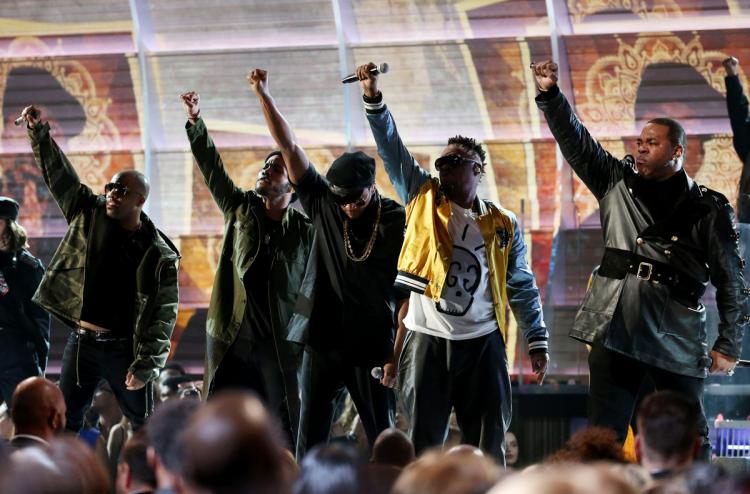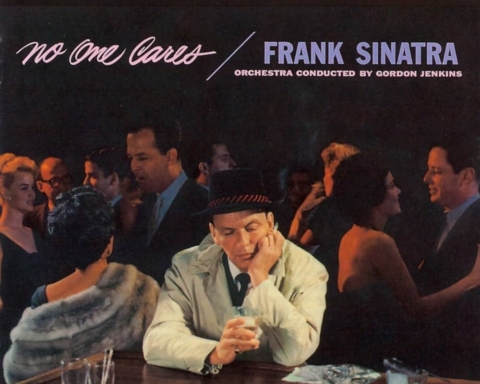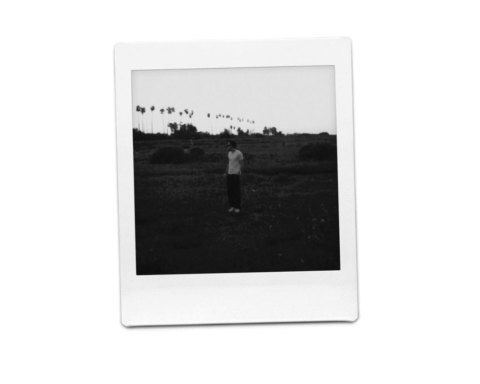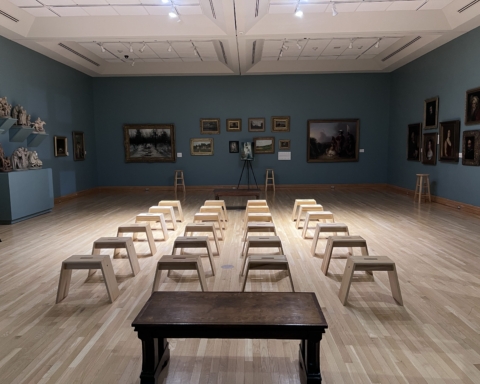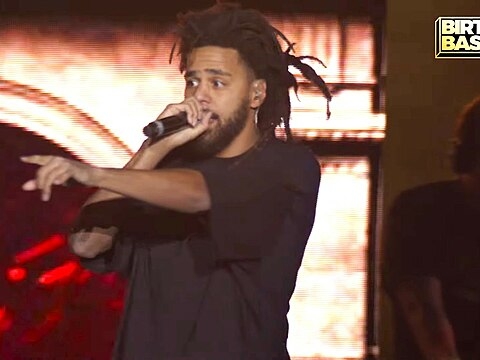“Why does everything have to be so political?”
This notion roars its head from the unshackled mouths of conservative viewers after just about every major, televised event — despite an amendment that warrants uproar of any legal caliber.
With this month’s annual Super Bowl performance, we heard a mix of emotions — manifested in social circle chatter, tweets and T.V. commentary. Commercials among the ranks of 84 Lumber’s refugee commentary and its A 10 Hair Care’s toupee-snatching montage can be met with criticism, sometimes even financial hindrances.
For some reason, people feel that the world of business — from the music industry to hair care — ought to stay uninvolved, uninterested in what’s current.
Lady Gaga, lining the night’s halftime performance with political nuances — most notably in her drone-backlit song-and-dive off the Superdome — was met with thanks by many. The Tomi Lahrens of the world appreciate mediocrity in outreach (even though the performances’ statements simply flew over their heads). Still, silence is the preferred motive because, these figures have an impact; figureheads instill a call to discourse.
But, if you look deeper, Gaga’s pre-dive belts of “freedom” and post lyricism of LGBTQ+ representation said volumes about her stances. And, contrary to that anger of many, that’s okay.
We saw rap group A Tribe Called Quest storm the Grammys stage with a swarm of everyday people — all marginalized in some way. They shouted “President Agent Orange.” They said they’d had enough. They broke Trump’s proposed border wall on stage — a literal movement of unprecedented metaphoric weight. Still, they exercised their right to act up.
“I Kissed A Girl” singer Katy Perry — adorned in a Clinton-esque pantsuit, blonde locks and a bedazzled “Resist” armband — dismantled the white picket fence of expectation over belts of “Chained to the Rhythm.” She ended the performance with a fist high, proclaiming “No Hate” — illuminated by the words of The United States Constitution.
These moments, where public figures take public stands, are important — vital, really. And, in most cases, they’re not ploys for attention.
For some, dinnertime discussion of political disappointment serves as a suitable platform for enlightenment. Others see their pitch for a party — a way of thinking — better fit for the workplace, a long-distance phone call or a rambling Facebook post.
See, voicing our opinions is all about the platform we have and the resources we’re allotted. Those two, evaluated, are met with a tactic.
For Lady Gaga, the Super Bowl was for subtlety and, for Quest, blatancy seemed effective for The Grammys.
Nobody has a platform too big to take a stand. And, since every artist is, in fact, human — every corporation, run by a team of humans — they’re entitled to utilize that platform, just as we do. It’s the beauty of this country, the ability to stand up — no matter how small or widespread one’s resources — and be heard.
mcgurllt14@bonaventure.edu

